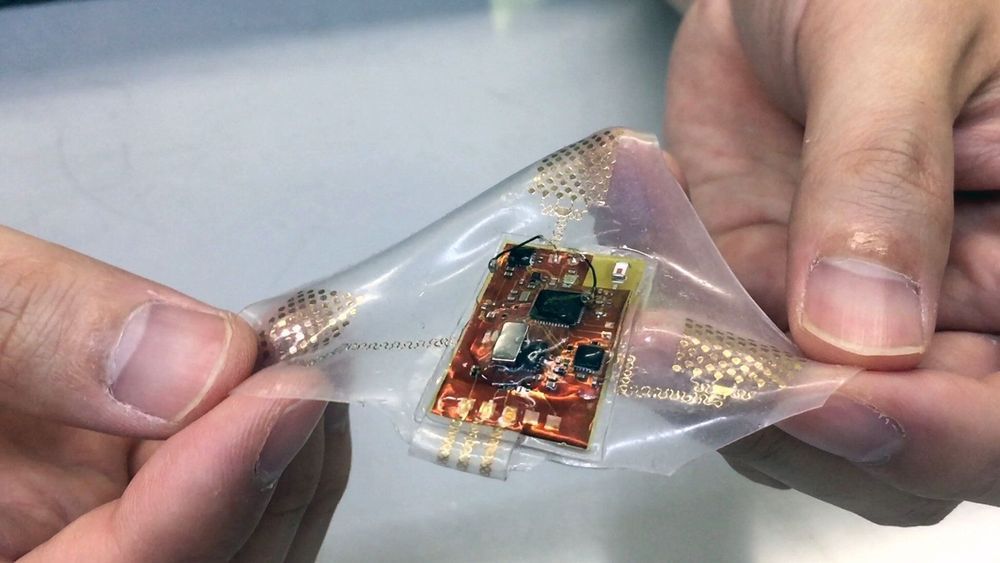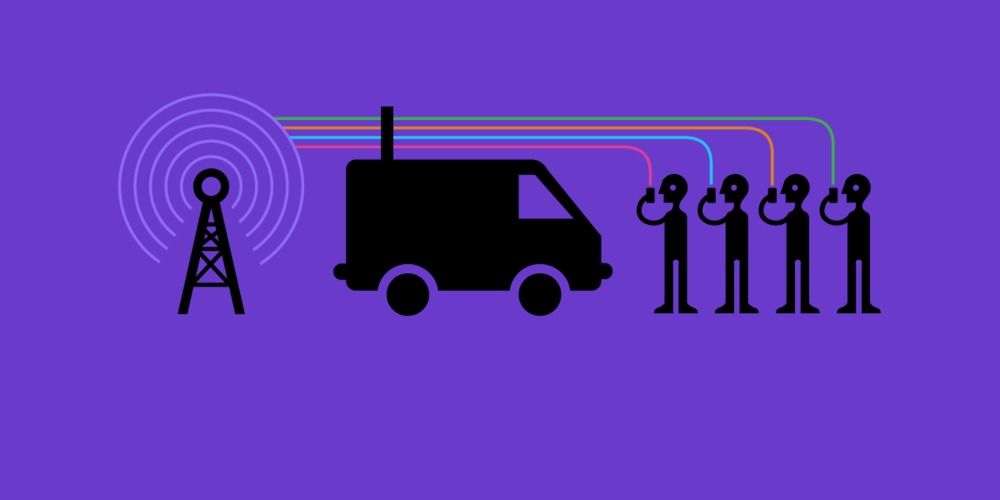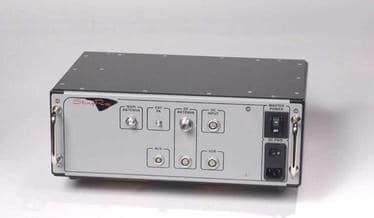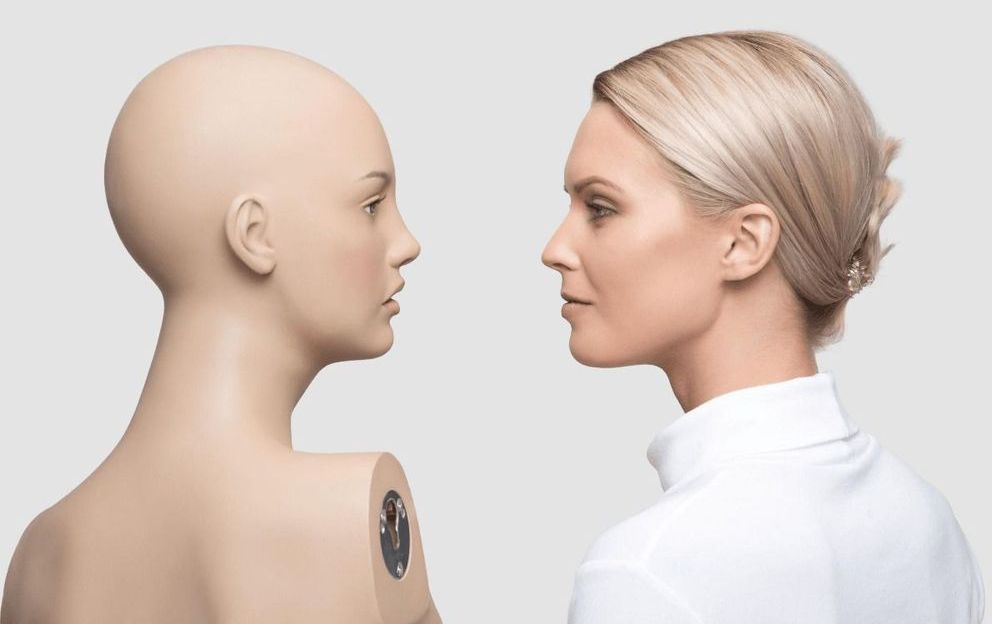Aug 7, 2019
AT&T Workers Installed Malware on Company Network for Cash
Posted by Genevieve Klien in categories: business, cybercrime/malcode, mobile phones
For five years, several AT&T employees were conspiring with a Pakistani man to install malware on company computers so that man could unlock millions of smartphones subsidized by the carrier, according to federal investigators.
On Tuesday, the Justice Department unsealed an indictment against Muhammad Fahd for bribing AT&T employees at a call center in Washington state to pull off the scheme. According to the feds, Fahd allegedly paid more than $1 million in bribes to the AT&T employees during the conspiracy, which allowed him to fraudulently unlock more than 2 million AT&T phones from 2012 to 2017.
Fahd allegedly partnered with businesses that offered cell phone unlocking services in exchange for a fee. These unnamed business would then supply him with the IMEI numbers of the phones bound to AT&T’s network.

















